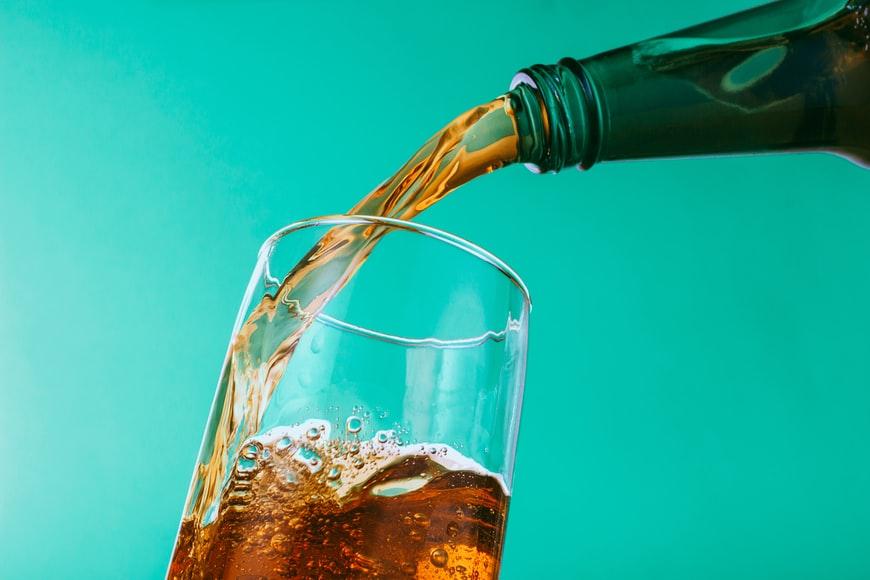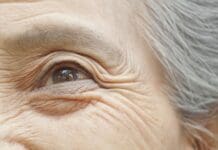A lot of people drink diet soda as a means to continue enjoying the ‘fizziness’ and ‘flavor’ of soda without all of the extra sugar and calories.
Well, it’s true that diet soda doesn’t pack in near as many calories as its sugary ‘regular soda’ counterparts.
But that doesn’t mean that it’s actually ‘good’ for you from a health/diet perspective, either.
In fact, new research has come to light which seems to show that diet soda might actually prompt more food cravings, especially in women and people who are already struggling with obesity.
Let’s dive in and talk about it.
The Basics: A New Study Is Open About The Effects Of Diet Soda
According to a new study, titled Obesity and Sex-Related Associations With Differential Effects of Sucralose vs Sucrose on Appetite and Reward Processing, there’s evidence to suggest that drinks made using sucralose (a sugar substitute sometimes used in diet soda) may stimulate appetite among some users.
A recent post on the topic, published on NPR.org, quoted the study author—Katie Page, a physician specialising in obesity at the University of Southern California—who had this to say about it.
“We found that females and people with obesity had greater brain reward activity” after consuming the artificial sweetener.
As it turns out, both women and people with obesity ended up eating more food after consuming diet drinks that contained sucralose. Surprisingly, these two groups ended up eating even more after consuming diet drinks containing sucralose than they ate after consumign regular sugar-sweetened drinks.
But what was even more strange about the study was that males and people of ‘a healthy body weight’ were not affected in the same way. When these groups consumed drinks that contained sucralose, they didn’t experience the same brain reward activity or hunger response.
Does This Mean That Diet Drinks Are Bad News?
According to researchers, it’s theorized that artificial sweeteners may actually prime the brains of people who already have obesity to crave high-calorie food.
This would make them worse for the people who are actually drinking them to help—people who are already suffering from obesity.
One interesting hypothesis is that sucralose may ‘trick’ the body into thinking that it’s supposed to get a dose of sugar. But then, with the sugar never arriving, the body’s anticipatory responses get thrown off. And then, the ability to metabolize sugar later on is diminished.
Should You Stop Drinking Diet Soda If You’re Trying To Lose Weight?
According to the study, the major takeaway seems to be this:
If you’re struggling with obesity, you might want to avoid diet sodas for at least a few weeks, and see if doing so helps you to reduce high-calorie food cravings.
If you notice a significant difference, it could be because your brain is reacting to sucralose in exactly the same manner being described in the study—in which case, you may be better served drinking different types of drinks that won’t drive your cravings for high-calorie foods into overdrive.
You could, for example, replace diet sodas with seltzer water/sparkling water mixed with a bit of fruit. This could still give you the ‘fizziness’ of the drink, but without all of the real and/or fake sweeteners to go along with it.











